Young people from public secondary schools across Lagos State will showcase the realities of Female Genital Mutilation (FGM) in Nigeria using song, poetry and drama to advocate for the elimination of FGM in the country on November 11th, 2017 at the 24th Annual Teenage Festival of Life (TFL).
TFL was initiated by Action Health Incorporated (AHI) in 1993 with the aim of bridging communication gap between young people and adults and also to serve as an enabling forum where young people and relevant stakeholders meet to both identify the plights faced by them.
This year, the event is focused on creating awareness on the issue of female genital mutilation (FGM), its prevalence in Nigeria, myths and beliefs about the practice, the social and health consequences of the practice of FGM, and the impact of FGM on community and national development. Participants will also suggest steps that can be taken to end the practice of FGM in Nigeria.
The World Health Organization (WHO) estimates that Female Genital Mutilation (FGM) affects some 140 million women and girls worldwide – and another 3 million girls are circumcised every year. Nigeria has the highest absolute number of cases of FGM in the world, accounting for about one-quarter of the estimated 115–130 million circumcised women worldwide. The estimated prevalence of FGM among women aged 15 to 19 years is 24.8% and this figure has not changed significantly in recent years with about 20 million women and girls who have undergone FGM. Furthermore, the medicalization of FGM has emerged as a great threat to its abandonment as statistics show that FGM cases are performed by 29% of health workers in Nigeria.
Despite the severe short-term and long-term physical and psychological consequences of mutilation, FGM is often practised in the belief that it is beneficial for the girl. Immediate complications of FGM for a girl can include severe pain, shock, haemorrhage (bleeding), tetanus or sepsis (bacterial infection),and Long-term consequences can also include recurrent bladder and urinary tract infections, cysts, infertility, childbirth complications including fistula, and the need for later surgeries.
In May 2015, the Federal Government of Nigeria passed the Violence Against Persons Prohibition Act (VAPP), which outlaws FGM and other harmful traditional practices, however, there remains an inconsistency between the passing and enforcement of laws across the country. Thus, there is need for continuous advocacy and education at all levels to provide new knowledge and information towards ensuring behavioral change towards abandonment of the practice.
This year’s edition with the theme “AN FGM-FREE GENERATION” will avail young people the opportunity to address issues around Female Genital Mutilation and its consequences through artistic presentations with a view to enlisting them as critical stakeholders in efforts to end FGM. Ending all forms of FGM in Nigeria will help to attain the Sustainable Development Goals (SDGs) Goal 5; (indicator 5.3) to eliminate all harmful practices, such as child, early and forced marriage and female genital mutilation.
Therefore, effective policies and innovative ideas are urgently needed to eradicate the practice of FGM in Nigeria
Goal
- Contribute to the elimination of FGM in Nigeria.
Objectives
- Educate and conscientise young people on the effect of FGM on the Girl Child.
- Provide a platform for young people to join the campaign to end FGM in Nigeria.
You can also support our Thunderclap campaign to boost awareness for TFL 2017.
For more information, contact:
TFL Planning Committee
AHI Youth Centre
17, Lawal Street,
Off Oweh Street,
Jibowu, Lagos
Funso +234 802 772 3152
Adeola +234 706 309 8173
Email: info@actionhealthinc.org
Facebook: https://www.facebook.com/teenagefestivaloflife
Twitter: https://twitter.com/tflrocks

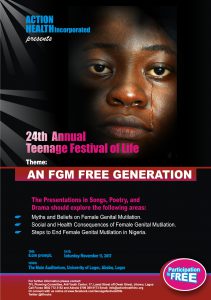

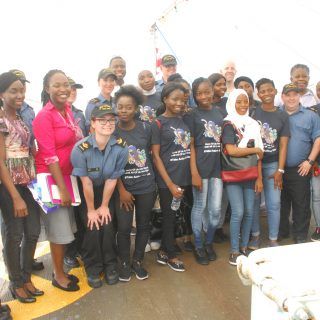
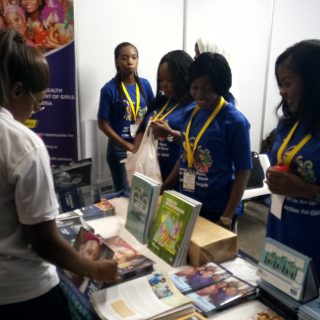
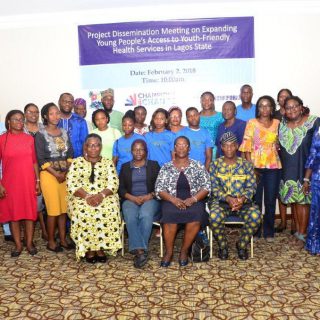
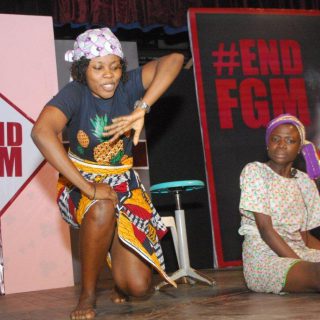
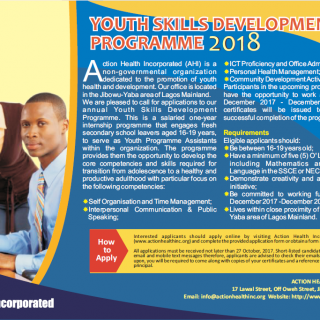
You must be logged in to post a comment.